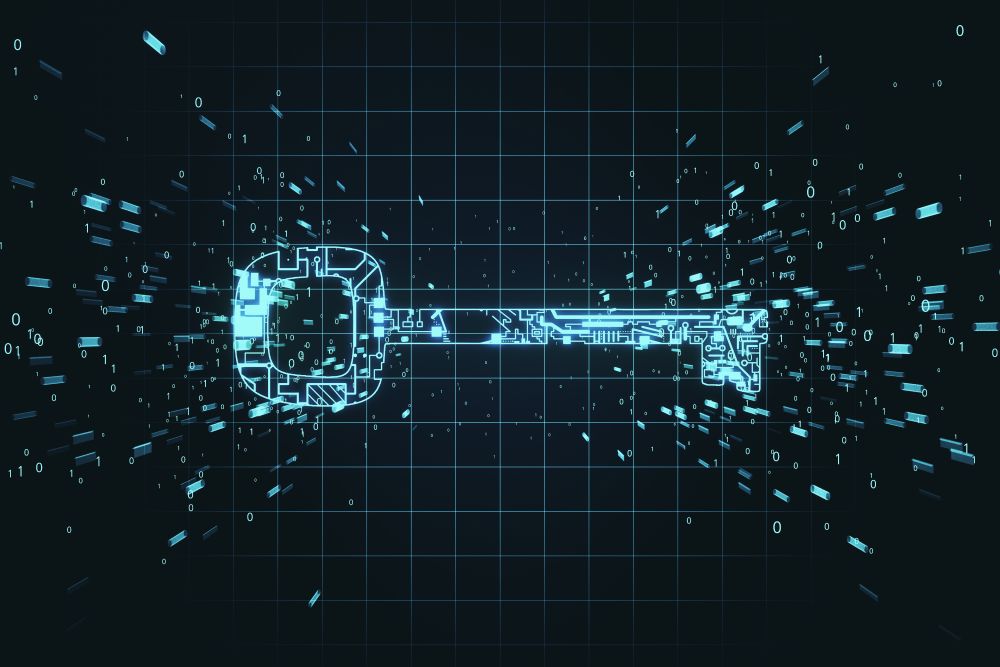
Let me tell you a scary story.
Imagine you go on vacation. You lock the doors, set the alarm, and feel pretty good about your security. A week later, you come home—and there’s a stranger on your couch, eating your cereal.
How’d they get in? Easy. They had a copy of your keys.
That’s what tokens and cookies are in the digital world. They’re the modern-day keys to your house—except instead of unlocking your front door, they unlock things like your Facebook, LinkedIn, or Microsoft 365 account.
And here’s the kicker: hackers are stealing these keys every single day.
They don’t need your password. They don’t need to phish you again. Once they’ve got your token, they can slip in anytime they want—even if you change your password.
Think you’re safe because you have MFA? Think again. Tokens bypass MFA like a fake badge gets you past a sleepy security guard.
How do hackers get these tokens?
- Man-in-the-middle attacks: They slip between you and your login page, grab your token, and boom—they’re inside.
- Compromised browsers: Malware hijacks your cookies right out of memory.
- Third-party breaches: That vendor you trusted? They got hacked, and now your tokens are on the dark web.
Once inside, attackers don’t just poke around. They move fast. They reset rules in your inbox. They impersonate you in email. They drain accounts, steal PII, and use your identity to worm their way into your clients, your vendors, even your family’s accounts.
And the worst part? You may never know they’re there—until it’s too late.
For CEOs, here’s the plain truth: if you’re not actively monitoring your environment for indicators of compromise, you are already at risk.
The locks on your doors don’t matter if the burglar already has the keys.
That’s why we’re offering a consulting session with our team. We’ll analyze your network, hunt for signs of token compromise, and show you exactly where the danger lies.
Because in today’s world, the question isn’t “Do the hackers have a key?”
It’s “How many copies did they make?”
Schedule your analysis. Before someone else starts making themselves comfortable in your digital living room.



